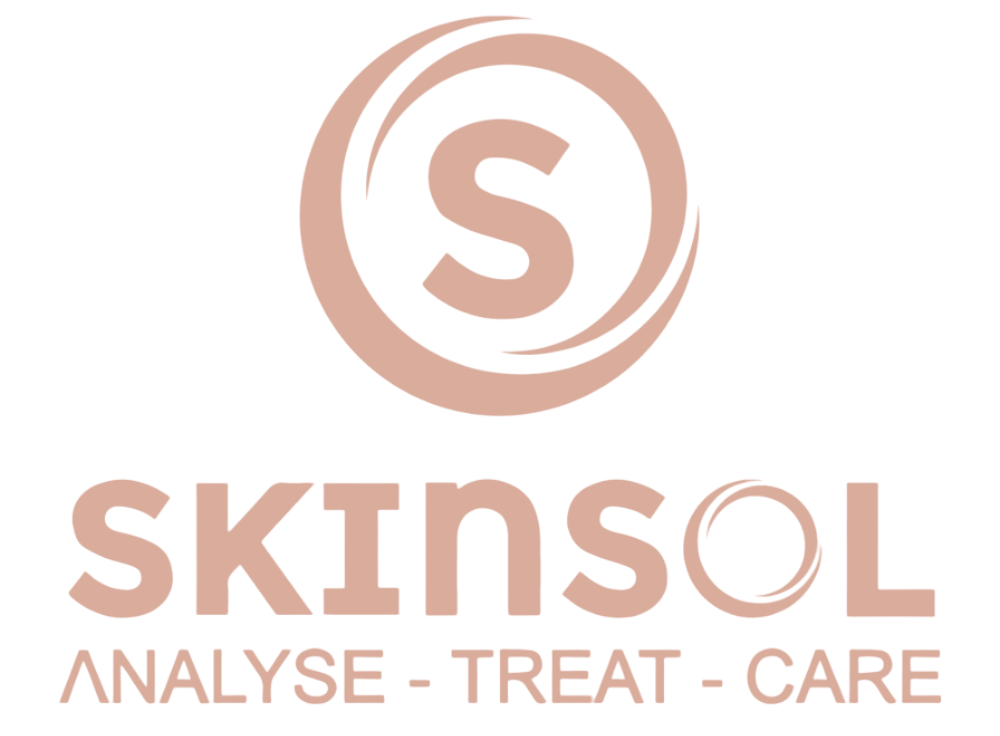A cleanser is a fundamental part of any skincare routine, especially for individuals dealing with acne. Its main role is to remove dirt, excess oil, sweat, makeup, and other impurities that can clog pores and lead to breakouts. Acne-focused cleansers often contain active ingredients like salicylic acid, benzoyl peroxide, or tea tree oil, which help to reduce inflammation, kill acne-causing bacteria, and prevent new pimples from forming. However, it’s important that a cleanser is gentle enough not to strip the skin of its natural moisture, as overly harsh products can trigger irritation and even more oil production. Choosing a non-comedogenic, pH-balanced cleanser suited to your skin type—whether oily, dry, or sensitive—can make a noticeable difference in the clarity and health of your skin over time.


There are different types of acne cleansers depending on the severity and type of acne. For example, gel-based cleansers are typically suited for oily and acne-prone skin as they offer deep cleansing, while cream-based cleansers are better for dry or sensitive skin types that still need acne control without overdrying. Some formulations include chemical exfoliants like AHAs (alpha hydroxy acids) or BHAs (beta hydroxy acids), which help to clear out pores and improve skin texture over time. Others are enriched with botanical extracts such as aloe vera, green tea, chamomile, or turmeric — all known for their soothing, anti-inflammatory properties.

